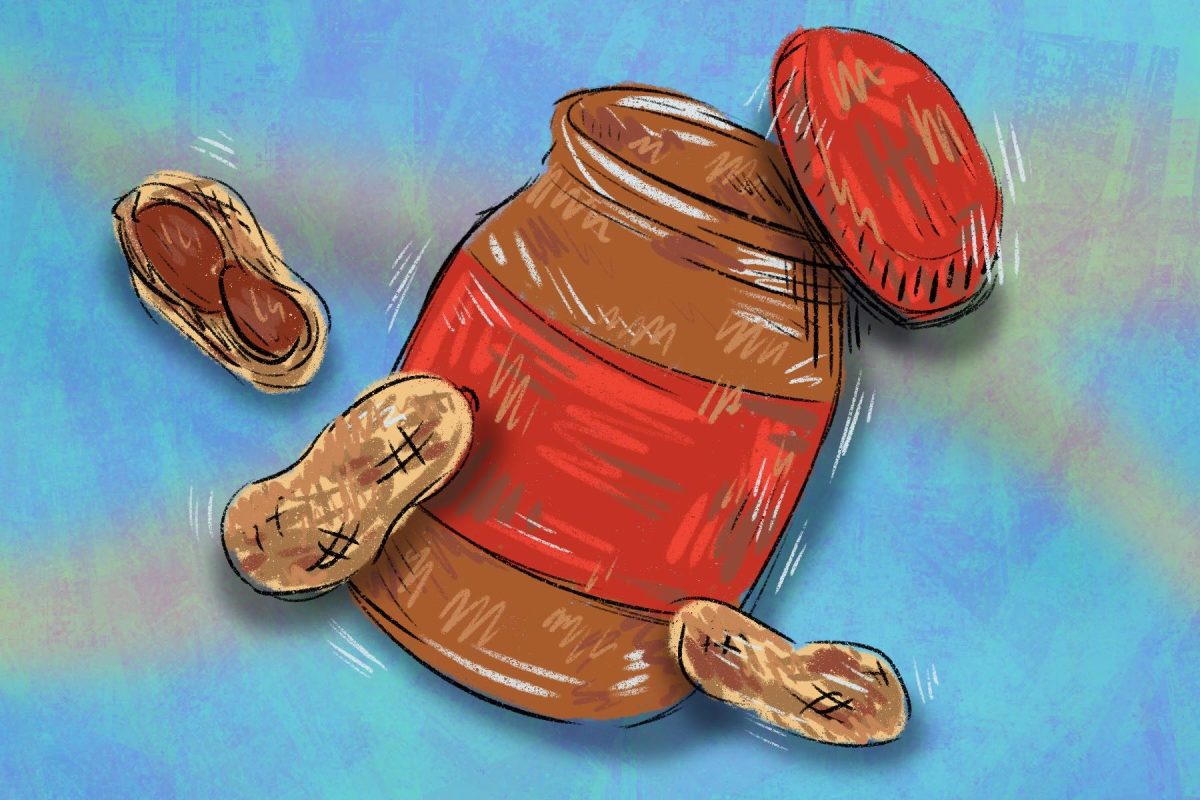If there’s one phrase I got sick of during this year’s SGA campaign, it was “perception is reality.” The problem with hating that phrase is that it’s too true to ignore.
Perception really is reality when it comes to taxes. To liberals, a tax on inheritance is an “estate tax.” To conservatives, it’s a “death tax.” To conservatives, a sales tax (particularly a national one) is a “fair tax.” To liberals, it isn’t very fair.
Rep. Paul Ryan, R-Wis., thinks it’s fair. Ryan recently proposed the Roadmap for America’s Future Act of 2010, which would, among other things, simplify tax policy. It would eliminate the corporate tax and the estate tax, and it would institute a national value-added tax (VAT), which is essentially a sales tax with a different name.
Eliminating the corporate tax makes me laugh. The Supreme Court recently decided that corporations have the same rights to free speech as individuals, yet they should evidently be exempt from taxes. Which is it? Corporations should either be a conglomeration of individuals or an entity unto themselves. A few more years of treating corporations like this and people might as well declare themselves corporations. It’s clearly better than being a real American citizen.
This policy will at least reduce the cost of products made by any company that doesn’t realize it can charge the same price and pass the tax savings along to its executives.
Ryan’s plan would also permanently eliminate the death tax, which will not be enforced this year due to a Bush Administration policy, but it will most likely be reinstated when Bush’s policy “sunsets” next year. When a person dies, their inheritance would no longer be taxed by the federal government. Then again, inheritance is only taxed if it is over a certain threshold. That threshold was $3.5 million in 2009. Talk about grave robbery. How will the children of dead millionaires find the money to buy groceries?
Most important to Ryan’s new tax plan is the VAT. It does more than raise money for the government. It changes who bears the burden.
The VAT is essentially a sales tax that is levied on every transaction up to and including the point of sale. The end result, however, is the same as a sales tax: the consumer pays it. Ryan’s proposal would therefore create an 8.5 percent national sales tax.
Say goodbye to consumer spending and hello to sticker shock.
While the income tax is always joked about as being a major issue, most people don’t see it every day. What people do see every day, however, is the price of the products they buy. Ryan would raise the cost of everything by 8.5 percent. If he follows the lead of Alabama and Mississippi, that includes groceries. A bottle of milk that’s $1 right now in a state that doesn’t levy a sales tax on groceries would cost about $1.18 in Tuscaloosa with the addition of Ryan’s tax.
An income tax only reduces incentives to earn money (I know that’s been successful with me. I hate making money because I have to give a little bit of it to the government). A VAT reduces incentives to spend money. Even President Bush knew that spending money was the best way to jumpstart the economy.
There is one group of people who would be disproportionately affected by this new tax because they rarely have the choice to avoid spending: the poor.
Those who have less money have to spend more of it to live. Many Americans cannot have the luxury of putting money in savings accounts and investing in the stock market because they’re busy spending all the money they make on food, rent and health insurance.
It’s pretty obvious what Ryan’s plan means to Americans. If you make enough money to live well, you can live better. If you don’t, live with it. It’s the same trickle-down economics we’ve seen for decades, and look where it got us.
At least when Bush cut taxes for the wealthy he had a budget surplus. Now, Republicans want to shift more of the burden to the poor, and they’ll label it as “fair.” It’s only fair if you make enough money to have your personal accountant describe it to you.
Jonathan Reed is the opinions editor of The Crimson White. His column runs on Fridays.








